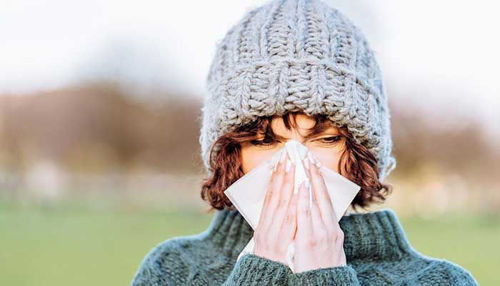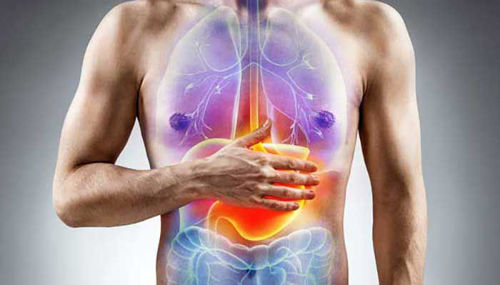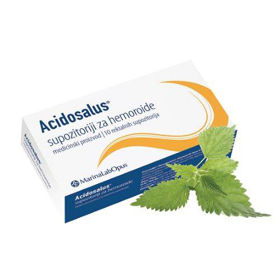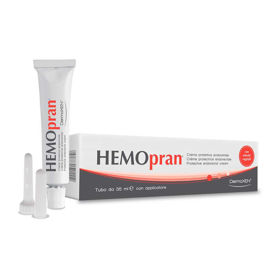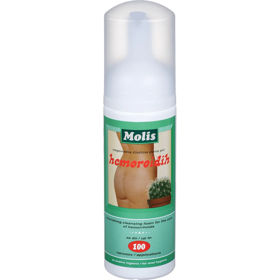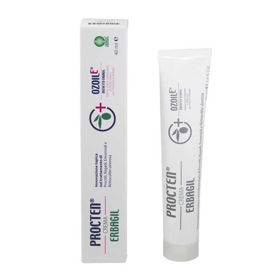Hemorrhoids are a phenomenon that causes swelling of the vein in the lowest part of the rectum and anus. Sometimes the walls of these blood vessels are stretched so much that the veins bulge and become irritated, especially during bowel movements.
Hemorrhoids are one of the most common causes of rectal bleeding. They often go away independently, but treatment with classical or natural medicines can also help.
Internal hemorrhoids are deep in the rectum and cannot be seen or felt. In general, they also do not cause pain.
Symptoms of internal hemorrhoids include:
- Blood on/in the stool, toilet paper after wiping, or toilet bowl.
- Tissue that protrudes outside the anal opening (prolapse). This can be painful, often during bowel movements. You may be able to see prolapsed hemorrhoids as moist bumps that are more pink. They usually go back to their place on their own. However, they can often be gently pushed back into place even if they don't.
The most common causes of hemorrhoids
- lifting heavy objects or weights
- prolonged standing or sitting
- low fiber diet
- anal intercourse
- chronic diarrhea or constipation
- low fiber diet
- regular weight lifting
- pregnancy
- obesity
- genetics
Also, the risk of hemorrhoids increases with age. This is because the tissues that support the veins in the rectum and anus can weaken and stretch. This can also happen during pregnancy, as the child's weight puts pressure on the anal area.
Tips for preventing hemorrhoids
- Eat foods high in fiber: eat more fruits, vegetables, and whole grains. This will soften your stool and increase its quantity, thus avoiding the straining that can cause hemorrhoids. In addition, slowly adding fiber to your diet will help prevent bloating.
- Drink plenty of fluids: drink six to eight glasses of water or other fluids that do not contain sugar or alcohol daily. A sufficient amount of liquid softens the stool.
- Go to the toilet as soon as you feel the need to pass a bowel movement: if you wait to pass a stool and the urge disappears, your stool may dry out and be more difficult.
- Exercise regularly: regular activity prevents constipation and reduces pressure on the veins that can occur from prolonged standing or sitting. Exercise can also help you lose excess weight that could contribute to hemorrhoids.
- Avoid prolonged sitting: Sitting for too long, especially on the toilet, can increase pressure on the veins in the anus.





